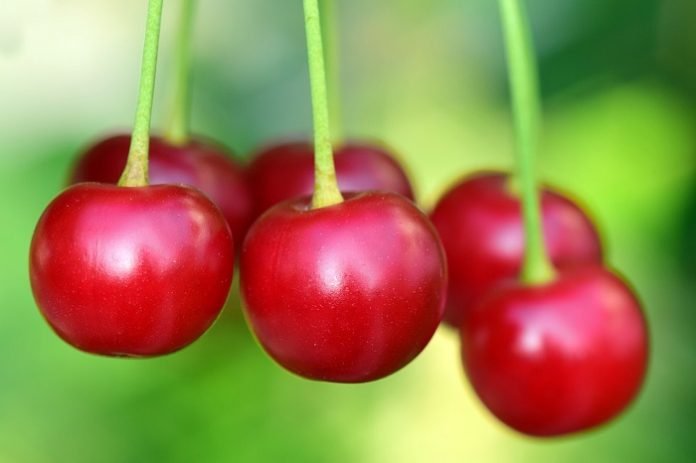
In a recent study, researchers found that drinking tart Montmorency cherry concentrate could help reduce systolic blood pressure as much as blood pressure drugs.
The effect could last up to three hours.
The research was conducted by a team from Northumbria University.
Previous studies have shown that high blood pressure is a big risk factor for heart disease and stroke.
Blood pressure is recorded as two numbers: Systolic blood pressure (the top number) and diastolic blood pressure (the bottom number).
Systolic blood pressure is the pressure in the arteries when the heart contracts. Diastolic blood pressure is the pressure in the arteries between heartbeats.
According to the new blood pressure guidelines in the U.S., normal blood pressure is considered 120/80mmHg or below.
The higher the numbers are, the higher your risk of heart disease will be.
In the current study, the team examined how consuming Montmorency tart cherries could influence arterial stiffness, blood pressure and dilation of small blood vessels.
The participants were 16 non-smoking men with early high blood pressure (with a systolic blood pressure of 130mmHg or above, and diastolic blood pressure of 80mmHg or above – or both).
Each man then received either Montmorency tart cherry concentrate, diluted with water, or a placebo (fruit cordial).
The team tested the men’s blood samples and heart functions one, two, three, five and eight hours after they drank the juice.
They found that drinking cherry juice concentrate could reduce systolic blood pressure by 7mmHG.
The effect was as strong as that from blood pressure drugs such as beta blockers and diuretics.
The researchers suggest that Montmorency cherries could be used alongside standard treatment to control high blood pressure.
Unlike drugs, the juice has little harmful side effects.
This may help develop new treatment strategies to manage high blood pressure better.
The study is published in The American Journal of Clinical Nutrition.
Copyright © 2019 Knowridge Science Report. All rights reserved.



